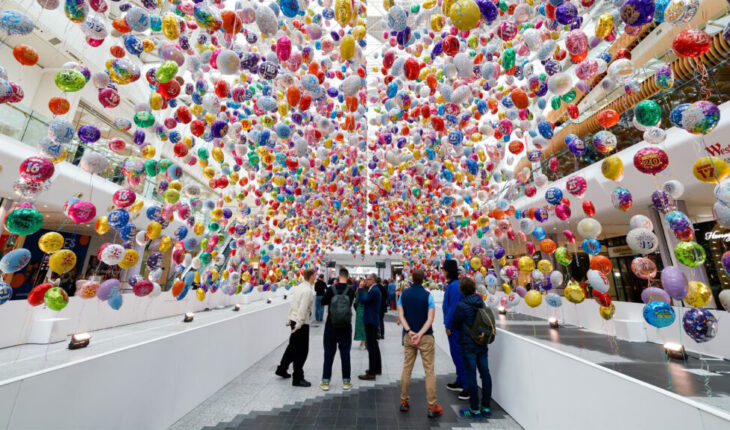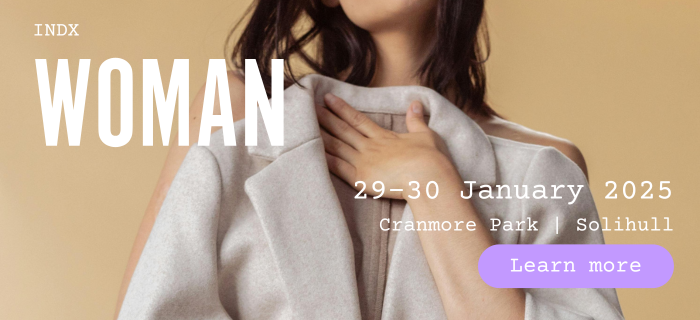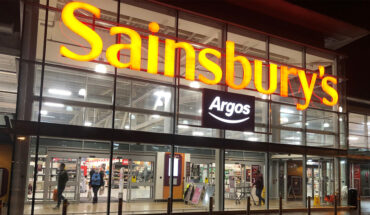With ever-changing customer expectations and increasing competition, brands need to evolve with consumer behaviours and trends to drive loyalty and engagement.
Looking into the transformative changes reshaping retail, media agency Westfield Rise has released a new report outlining the key trends set to transform retail in 2025 and beyond. Here’s what you need to know…
Escapism through brand engagement
The report reveals a shift away from traditional shopping, as consumers demand more engaging experiences.
With nearly half of shoppers (47%) seeking out more immersive, entertainment-driven retail options, brands that respond with new experiences that incorporate exploration, play and joy, as well as gamification inside and outside the store space, are expected to benefit from this growing trend.
It comes as 63% of young shoppers are calling for interactive, playful retail spaces. Millennials and Gen Z are driving this shift, fuelling a growing demand for experiences that go beyond simple transactions.
Candice Mayer-Gillet, Managing Director of Westfield Rise, said: “With 49% of UK consumers saying they are influenced by how brands are interacting with their audiences outside of the traditional store setting, brands are becoming more competitive and creative in this space.
“Through our Westfield Rise partnerships, we are at the forefront of the trend, with gamification and immersive brand interactions transforming the shopping day out into an interactive journey that captivates consumers and redefines their connection with the retail environment.”
Sustainability, transparency and education
Providing informative, easily accessible sustainability content and education is crucial for maintaining consumer loyalty. Shoppers want businesses to be more transparent about how their products are made by adopting better technology or a universal sustainability grading system.

In fact, the report reveals that nearly half (47%) of under-35s are turning away from brands that don’t offer environmentally friendly options. Additionally, while 77% of respondents recognise AI as a valuable resource for making sustainable shopping decisions, 25% expect brands to offer more education and training related to sustainability.
This shift in consumer mindset presents a significant opportunity for progressive retailers, with 48% of consumers willing to spend more on brands and retailers that clearly communicate their sustainability practices, a number that rises to 60% among the under-35 demographic.
However, the report suggests that education alone is insufficient. Consumers are seeking greater transparency, with 64% demanding clearer sourcing information from brands and 59% advocating for a universal sustainability grading system to support informed purchasing decisions.
Consumer events such as the recent Westfield Good Festival act as a hub for brands to bring consumers on their sustainability journey and showcase transparency. As the industry responds to evolving expectations, brands that prioritise transparency and sustainability will not only meet consumer demands but also establish a benchmark for future retail practices.
“At our centres we constantly transform our spaces by bringing first to the UK retailers, delivering innovative brand experiences and investing in new categories to meet the ever-changing needs of our customer. At Westfield London we’re creating a new innovative health and wellness hub that will offer something unique for our visitors in 2025,” adds Mayer-Gillet.









